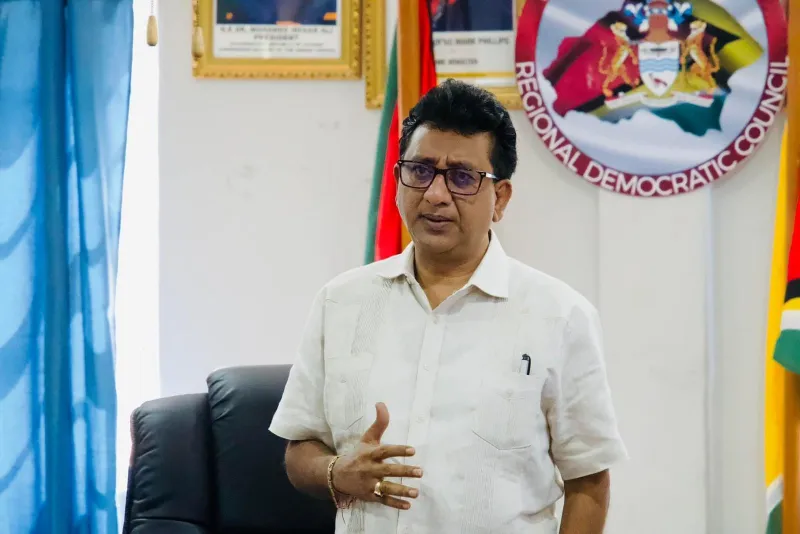
Attorney General and Minister of Legal Affairs, Mohabir Anil Nandlall, SC, has expressed his full support for a recent directive issued by Commissioner of Police Clifton Hicken.
The directive, aimed at curbing arbitrary vehicle stops, instructs members of the Guyana Police Force to cease randomly halting vehicles and demanding drivers produce their licences without just cause.
Speaking at the commissioning ceremony for the Mahdia Magistrate’s Court in Region Eight on Friday, Minister Nandlall highlighted that the directive marks a significant step forward in the police force’s approach. He pointed out that such arbitrary stops are not only illegal but outdated, emphasizing that this practice has long been unlawful.
Nandlall also reiterated that the public should not be subjected to unnecessary stops and inspections unless there is a legitimate reason. He shared his concerns over instances where drivers are asked to show their licences only to face additional checks that seem to be part of a “fishing expedition.”
The Minister criticized this practice, stressing that the mere act of requesting a driver’s licence should not lead to further arbitrary searches or inspections, such as checking brakes, blinkers, or spare tires, unless there is valid cause.
He commended the Police Commissioner’s decision to require officers to activate their body cameras during such interactions, underscoring that transparency and accountability are essential. Nandlall further remarked that as public awareness grows, individuals are more informed about their rights, and they expect police conduct to meet higher standards of fairness and legality.
The Attorney General also acknowledged that the broader legal sector must evolve alongside the public’s growing legal knowledge. He emphasized the need for more efficient and transparent mechanisms to address complaints about professional misconduct among lawyers.
Minister Nandlall stressed the importance of reforming systems to ensure accountability, noting that while such systems may have worked in the past, changes in society and technology demand an overhaul to keep up with public expectations.
“We owe it to the public to ensure that the decisions we make are not only lawful but also transparent and able to withstand public scrutiny,” he concluded.







